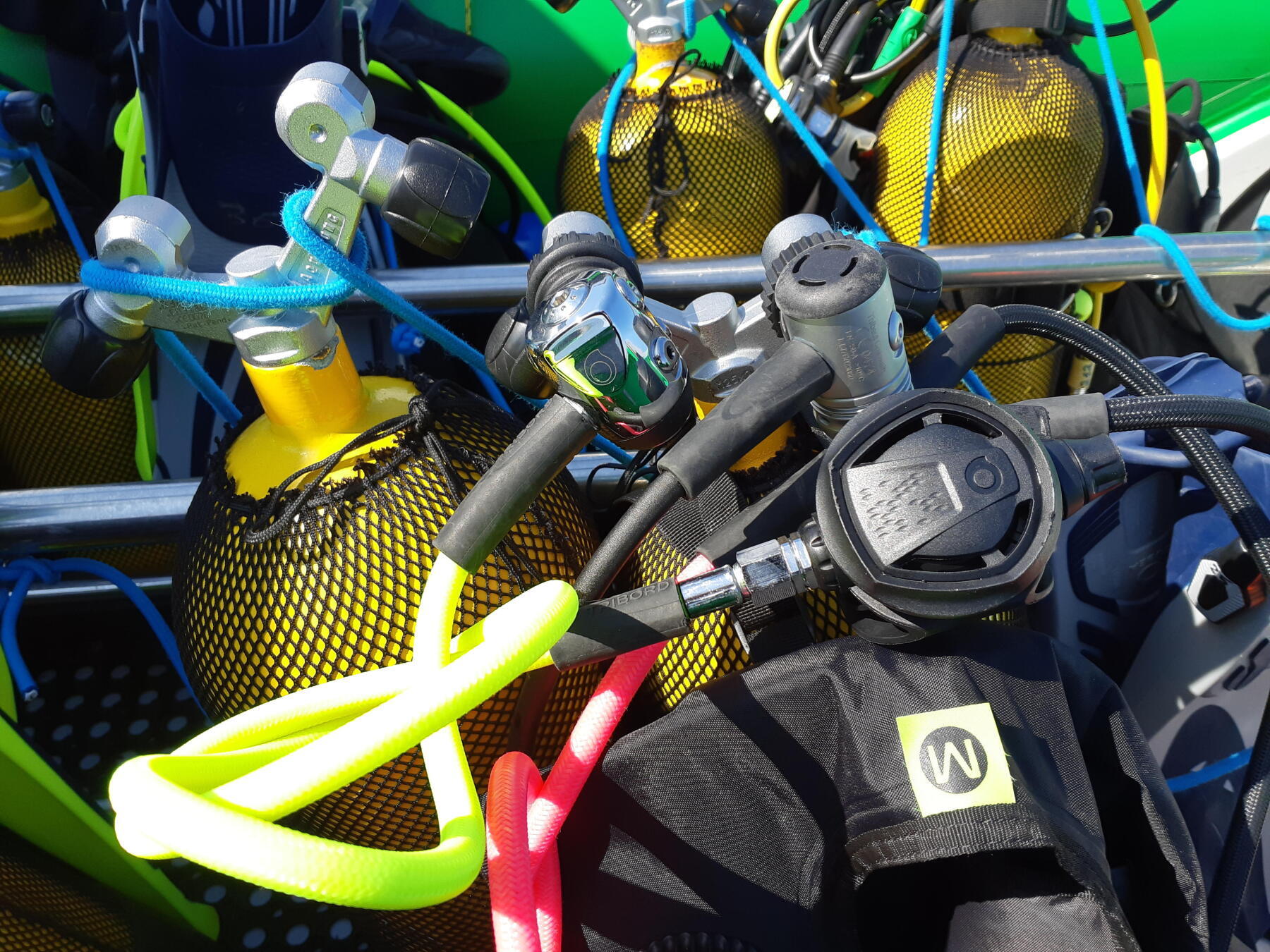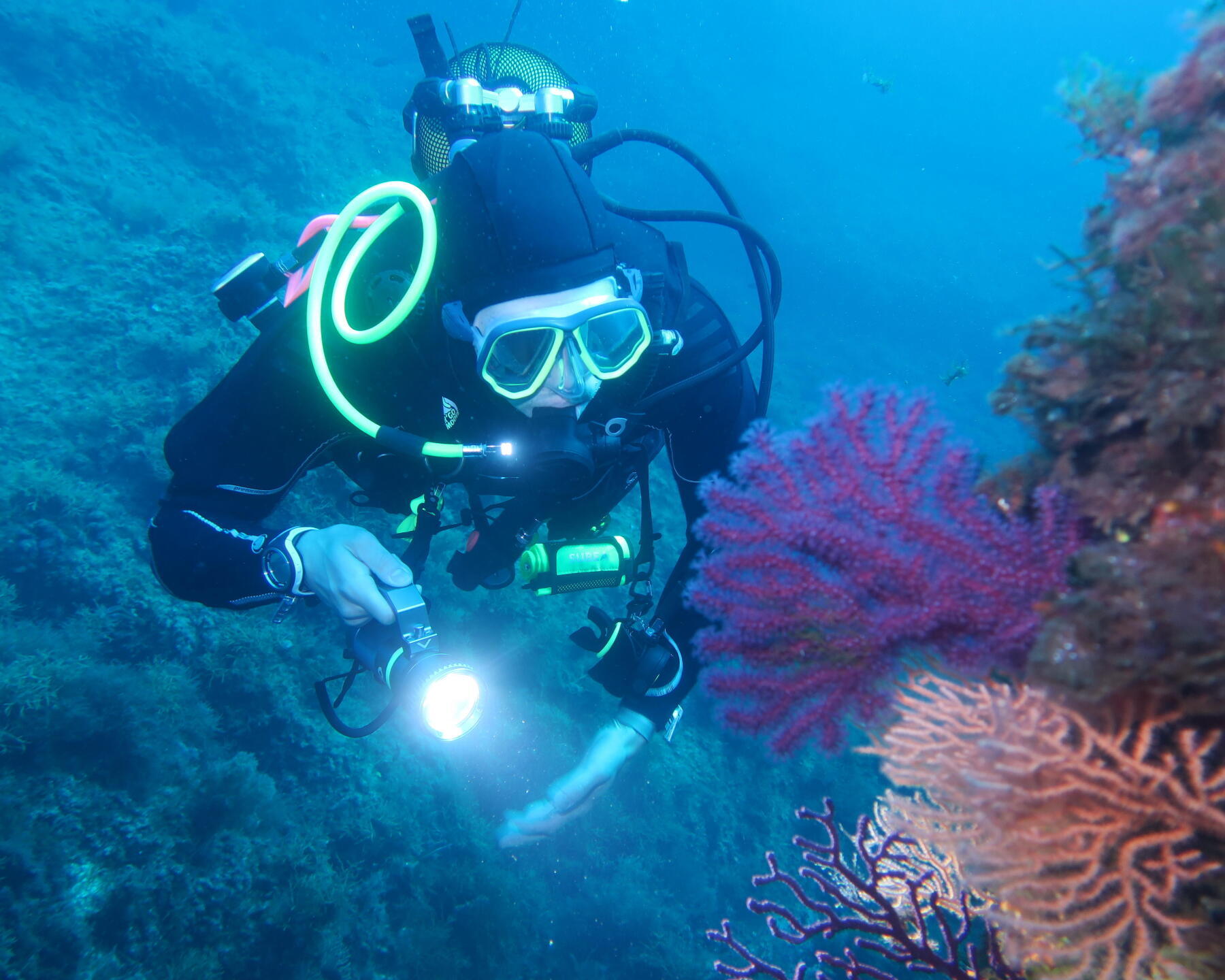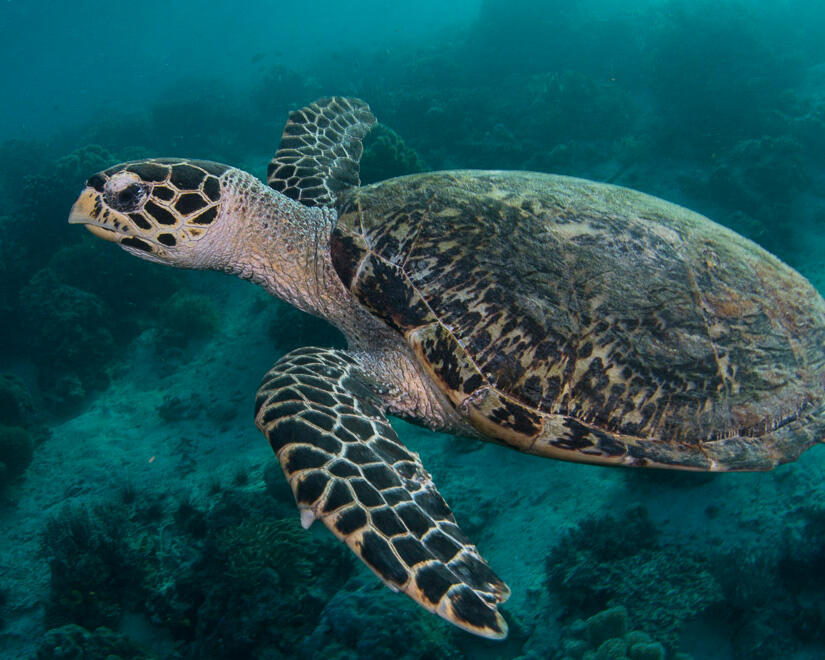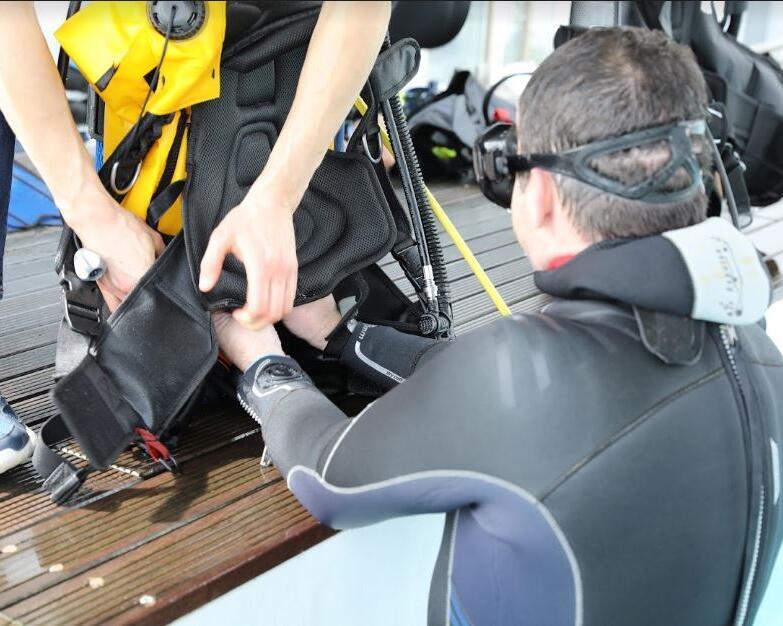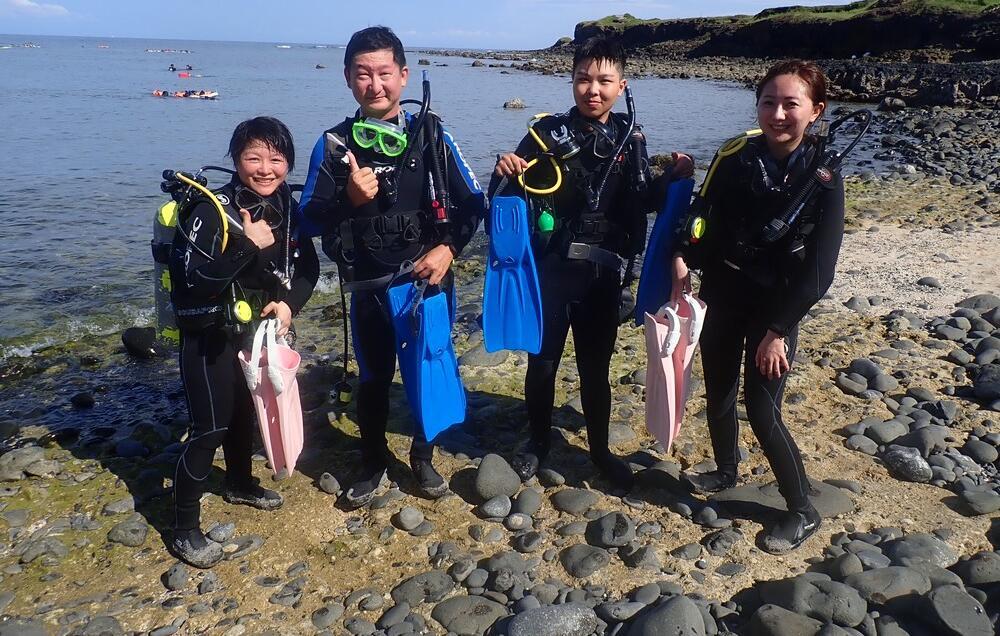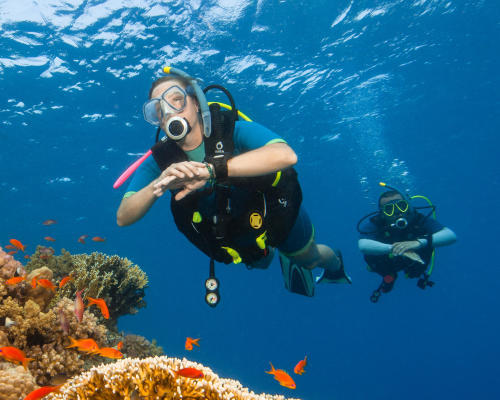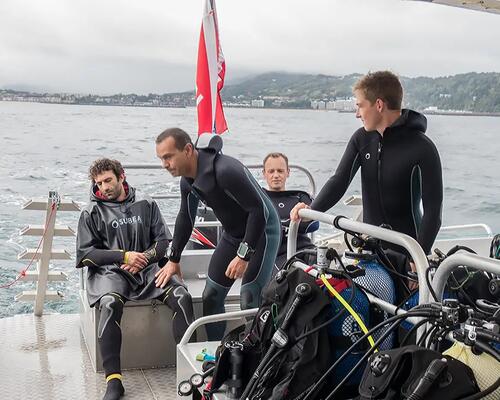The right choice for your baggage
It's no secret that divers love their equipment! However, equipment is heavy and baggage weight in the hold is limited, so how should you pick what you need?
For the new divers, you do not have to carry all scuba gear with you as usually you'll find everything you need on site! If you want to bring your own wetsuit, ask your travel agent or your reception structure about diving conditions in your destination and take the most suitable neoprene clothing, often just one thin piece of is enough!In terms of buoyancy compensators and regulators, protect your regulator properly in a suitable bag and tidy away the hoses properly. It is often possible to rent equivalent quality equipment to your own.

